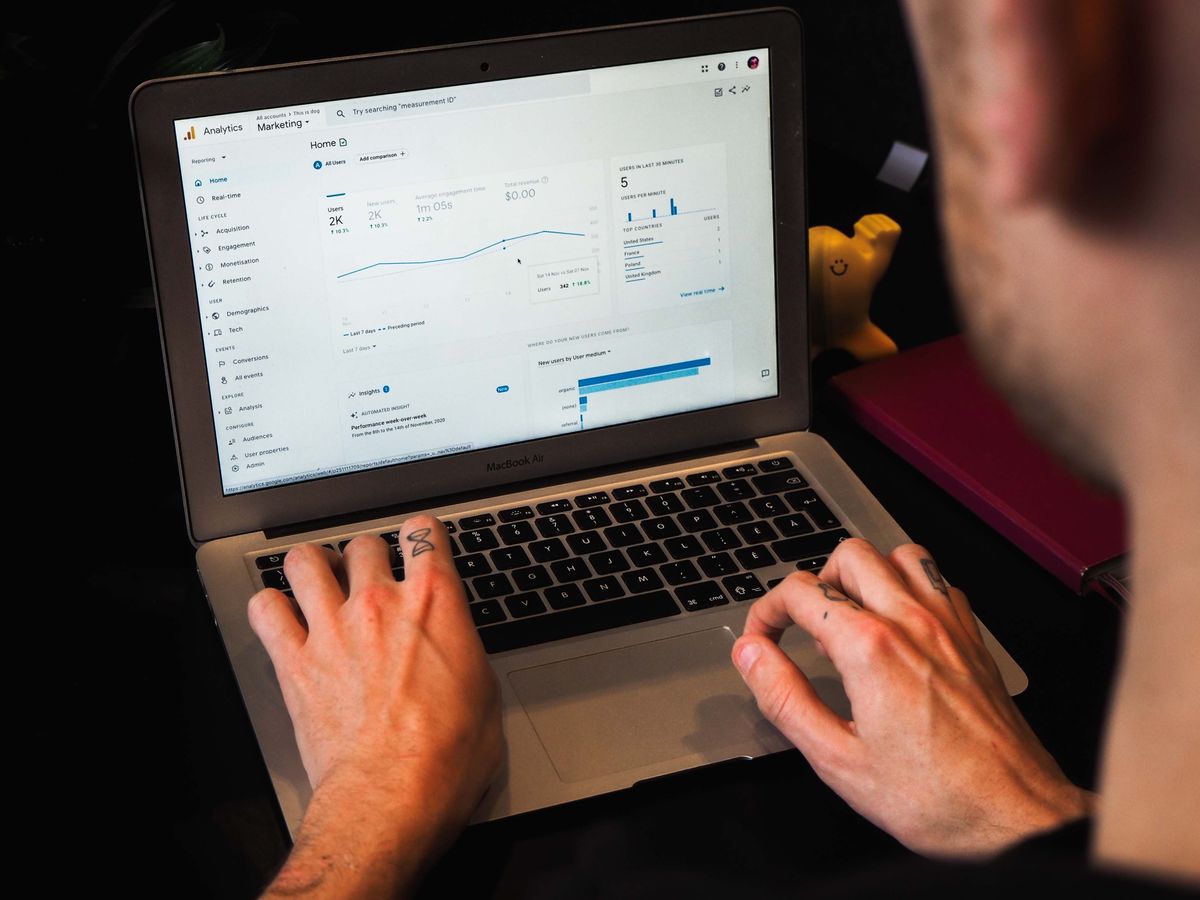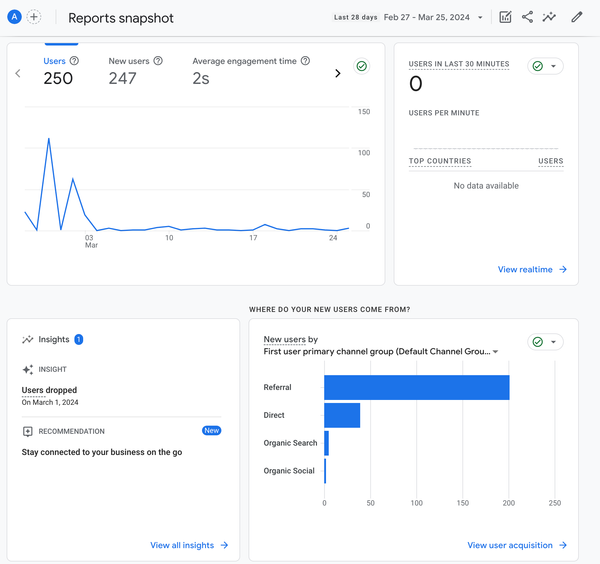Google Universal Analytics to GA4 - What Marketers Need to Know
Tomorrow is the day that marketers might have a panic attack. Google is making the standard of their analytics platform the new GA4, and eliminating Universal Analytics.

Tomorrow is the day that marketers might have a panic attack. Google is making the standard of their analytics platform the new GA4, and eliminating Universal Analytics, or UA, as has been the short-hand version. Google is mandating this change to take place tomorrow, July 1st, 2023. Marketers must make the switch in order to avoid data loss, as Google will make the switch for legacy accounts - with or without you.
But first, a word from our partner, They Got Acquired.
![]()
A primer on how to sell your company
They Got Acquired is THE newsletter that shares stories of companies that sell for $100,000 to $50 million. They've just launched a course on how to sell your business. If you're looking to sell your business, then this is FOR YOU! In just one hour, you'll learn:
- What to expect from the sale process
- Your options for finding a buyer
- How to create your own roadmap to sale
No, let's dive into the change and what marketers need to know.





